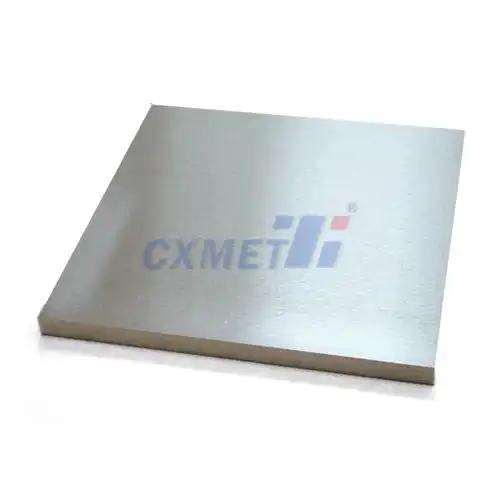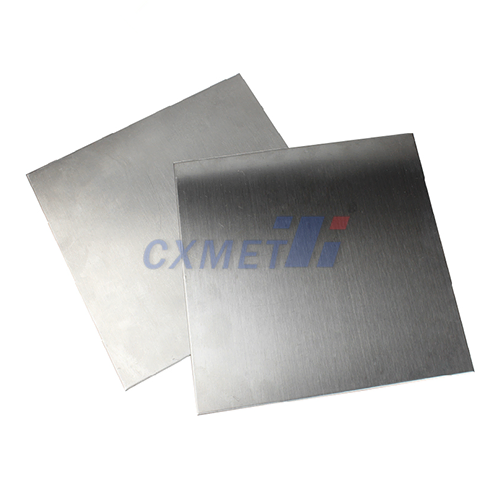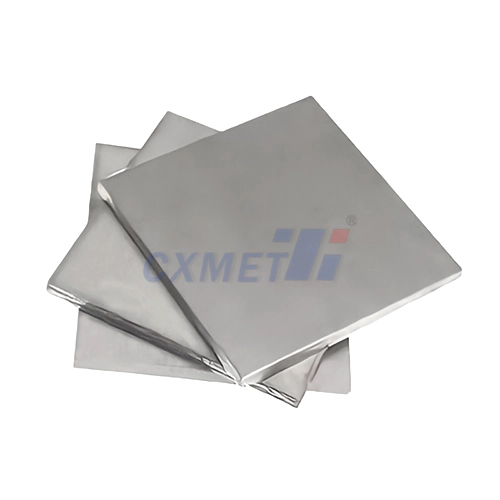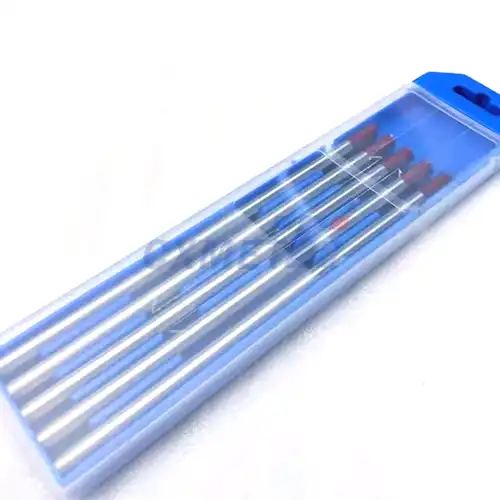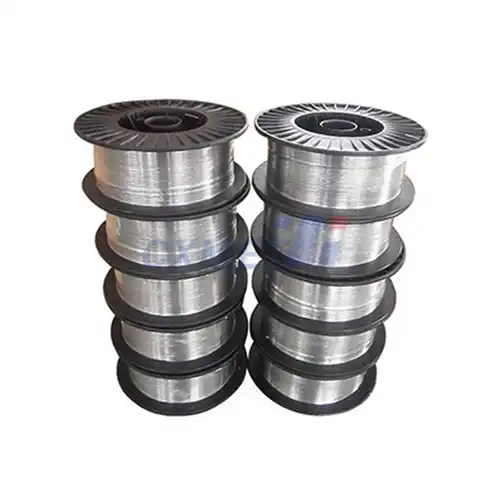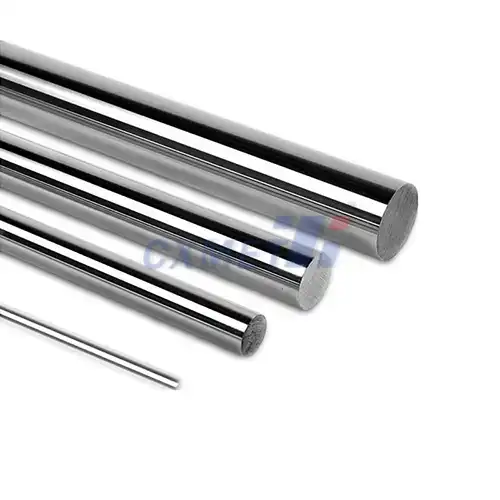- English
- French
- German
- Portuguese
- Spanish
- Russian
- Japanese
- Korean
- Arabic
- Greek
- German
- Turkish
- Italian
- Danish
- Romanian
- Indonesian
- Czech
- Afrikaans
- Swedish
- Polish
- Basque
- Catalan
- Esperanto
- Hindi
- Lao
- Albanian
- Amharic
- Armenian
- Azerbaijani
- Belarusian
- Bengali
- Bosnian
- Bulgarian
- Cebuano
- Chichewa
- Corsican
- Croatian
- Dutch
- Estonian
- Filipino
- Finnish
- Frisian
- Galician
- Georgian
- Gujarati
- Haitian
- Hausa
- Hawaiian
- Hebrew
- Hmong
- Hungarian
- Icelandic
- Igbo
- Javanese
- Kannada
- Kazakh
- Khmer
- Kurdish
- Kyrgyz
- Latin
- Latvian
- Lithuanian
- Luxembou..
- Macedonian
- Malagasy
- Malay
- Malayalam
- Maltese
- Maori
- Marathi
- Mongolian
- Burmese
- Nepali
- Norwegian
- Pashto
- Persian
- Punjabi
- Serbian
- Sesotho
- Sinhala
- Slovak
- Slovenian
- Somali
- Samoan
- Scots Gaelic
- Shona
- Sindhi
- Sundanese
- Swahili
- Tajik
- Tamil
- Telugu
- Thai
- Ukrainian
- Urdu
- Uzbek
- Vietnamese
- Welsh
- Xhosa
- Yiddish
- Yoruba
- Zulu
What are the Tolerances for ASTM B338 Titanium Tubes?
2024-08-02 17:12:06
Titanium tubes manufactured according to ASTM B338 standards are widely used in various industries due to their excellent strength-to-weight ratio, corrosion resistance, and biocompatibility. These tubes are subject to specific tolerances to ensure consistency and reliability in their applications. Understanding these tolerances is crucial for engineers, manufacturers, and end-users to ensure that the titanium tubes meet the required specifications for their intended use.
What are the dimensional tolerances for ASTM B338 titanium tubes?
ASTM B338 titanium tubes are subject to strict dimensional tolerances to ensure consistency and reliability in their performance. These tolerances cover various aspects of the tube's geometry, including outside diameter, wall thickness, and length.
Outside Diameter Tolerance:
The outside diameter tolerance for ASTM B338 titanium tubes varies depending on the nominal size of the tube. For tubes with an outside diameter of up to 1.5 inches (38.1 mm), the tolerance is typically ±0.004 inches (±0.1 mm). For larger diameters, the tolerance may increase proportionally. It's important to note that these tolerances can be tightened for specific applications where more precise dimensions are required.
Wall Thickness Tolerance:
Wall thickness tolerance is critical for ensuring the structural integrity and performance of titanium tubes. ASTM B338 specifies that the wall thickness tolerance for seamless titanium tubes should be within ±10% of the nominal wall thickness. This tolerance allows for slight variations in the manufacturing process while still maintaining the tube's overall performance characteristics.
Length Tolerance:
The length tolerance for ASTM B338 titanium tubes depends on the specified length and the manufacturing method. For cut lengths, the typical tolerance is ±0.125 inches (±3.2 mm) for tubes up to 8 feet (2.44 m) long. For longer tubes or those with more stringent requirements, special tolerances can be agreed upon between the manufacturer and the purchaser.
Straightness Tolerance:
Straightness is another important dimensional aspect of titanium tubes. ASTM B338 specifies that the maximum deviation from straightness should not exceed 0.010 inches per linear foot (0.83 mm per meter) of tube length. This ensures that the tubes maintain their intended shape and can be easily installed or used in various applications.
Ovality Tolerance:
Ovality, or the difference between the maximum and minimum outside diameters at any cross-section, is also subject to tolerances. For most ASTM B338 titanium tubes, the maximum allowable ovality is typically 1.5% of the specified outside diameter. This tolerance helps maintain the tube's roundness, which is crucial for many applications, especially those involving fluid flow or precise fitting.
How do material composition tolerances affect ASTM B338 titanium tubes?
The material composition of ASTM B338 titanium tubes plays a crucial role in determining their mechanical properties, corrosion resistance, and overall performance. The standard specifies tolerances for various alloying elements and impurities to ensure consistency in the material's behavior.
Titanium Grades and Composition:
ASTM B338 covers several grades of titanium, including Grade 1, Grade 2, Grade 3, and Grade 4 for commercially pure titanium, as well as Grade 7, Grade 9, and Grade 11 for alloyed titanium. Each grade has specific composition requirements and tolerances for alloying elements and impurities.
For example, Grade 2 titanium, which is widely used in many applications, has the following composition tolerances:
- Titanium: Balance (minimum 98.905%)
- Carbon: 0.10% maximum
- Iron: 0.30% maximum
- Oxygen: 0.25% maximum
- Nitrogen: 0.03% maximum
- Hydrogen: 0.015% maximum
These tolerances ensure that the material maintains its intended properties while allowing for slight variations in the manufacturing process.
Impact of Composition Tolerances:
The composition tolerances specified in ASTM B338 have a significant impact on the properties and performance of titanium tubes:
1. Mechanical Properties: Small variations in alloying elements can affect the strength, ductility, and hardness of the titanium tubes. For instance, increased oxygen content within the allowed tolerance can lead to higher strength but reduced ductility.
2. Corrosion Resistance: The precise control of impurities, especially iron, is crucial for maintaining the excellent corrosion resistance of titanium tubes. Higher levels of iron, even within the specified tolerance, can slightly reduce the material's resistance to certain corrosive environments.
3. Weldability: The composition tolerances also influence the weldability of titanium tubes. Tighter control of elements like oxygen and nitrogen ensures better welding performance and reduces the risk of embrittlement in welded joints.
4. Biocompatibility: For medical applications, strict adherence to composition tolerances is essential to maintain the biocompatibility of titanium tubes. Even small variations in impurity levels can affect the material's interaction with biological tissues.
5. Heat Treatment Response: The composition tolerances also impact how the titanium tubes respond to heat treatment processes. This is particularly important for alloyed grades that may undergo heat treatment to achieve specific mechanical properties.
6. Formability: The balance of alloying elements within the specified tolerances affects the formability of titanium tubes. This is crucial for applications that require bending or other forming operations during fabrication or installation.
Manufacturers must carefully control their production processes to ensure that the titanium tubes meet these composition tolerances. This often involves advanced melting techniques, precise alloying procedures, and rigorous quality control measures throughout the manufacturing process.
What are the mechanical property tolerances for ASTM B338 titanium tubes?
The mechanical properties of ASTM B338 titanium tubes are critical for their performance in various applications. The standard specifies minimum requirements and tolerances for key mechanical properties to ensure consistent and reliable performance across different production batches.
Tensile Strength Tolerances:
Tensile strength is a fundamental mechanical property that indicates the maximum stress a material can withstand before failure. For ASTM B338 titanium tubes, the tensile strength requirements vary depending on the grade:
- Grade 1: Minimum 35,000 psi (240 MPa)
- Grade 2: Minimum 50,000 psi (345 MPa)
- Grade 3: Minimum 65,000 psi (450 MPa)
- Grade 4: Minimum 80,000 psi (550 MPa)
- Grade 7: Minimum 50,000 psi (345 MPa)
- Grade 9: Minimum 90,000 psi (620 MPa)
- Grade 11: Minimum 35,000 psi (240 MPa)
It's important to note that these are minimum requirements, and actual values may be higher. The tolerance for tensile strength is typically on the positive side, meaning that the actual strength can exceed the minimum requirement but should not fall below it.
Yield Strength Tolerances:
Yield strength represents the stress at which a material begins to deform plastically. ASTM B338 specifies minimum yield strength requirements for each titanium grade:
- Grade 1: Minimum 25,000 psi (170 MPa)
- Grade 2: Minimum 40,000 psi (275 MPa)
- Grade 3: Minimum 55,000 psi (380 MPa)
- Grade 4: Minimum 70,000 psi (483 MPa)
- Grade 7: Minimum 40,000 psi (275 MPa)
- Grade 9: Minimum 70,000 psi (483 MPa)
- Grade 11: Minimum 25,000 psi (170 MPa)
As with tensile strength, these are minimum requirements, and actual values may exceed these limits. The tolerance for yield strength is also typically on the positive side.
Elongation Tolerances:
Elongation is a measure of a material's ductility and is expressed as a percentage increase in length before fracture. ASTM B338 specifies minimum elongation requirements for titanium tubes:
- Grade 1: Minimum 24%
- Grade 2: Minimum 20%
- Grade 3: Minimum 18%
- Grade 4: Minimum 15%
- Grade 7: Minimum 20%
- Grade 9: Minimum 15%
- Grade 11: Minimum 24%
These elongation values are typically measured over a 2-inch (50.8 mm) gauge length. The tolerance for elongation is also on the positive side, allowing for higher ductility but not lower than the specified minimum.
Hardness Tolerances:
While not always specified in ASTM B338, hardness is often an important property for titanium tubes. When required, hardness measurements are typically performed using the Rockwell B or C scales. The tolerance for hardness is usually specified as a range rather than a minimum value, allowing for some variation in the manufacturing process while ensuring consistent performance.
Impact of Mechanical Property Tolerances:
The tolerances for mechanical properties in ASTM B338 titanium tubes have several important implications:
1. Design Flexibility: The minimum requirements allow engineers to design with confidence, knowing that the material will meet or exceed the specified properties. The positive tolerance provides an added safety factor in many applications.
2. Quality Control: These tolerances serve as benchmarks for quality control processes, ensuring that each batch of titanium tubes meets the required standards before being released for use.
3. Performance Predictability: Consistent mechanical properties within the specified tolerances allow for more accurate prediction of the material's behavior under various loading conditions and environments.
4. Application Suitability: Different grades with their specific mechanical property tolerances cater to a wide range of applications, from low-stress environments requiring high corrosion resistance to high-strength applications in aerospace or marine industries.
5. Fabrication Considerations: Understanding the mechanical property tolerances is crucial for processes like welding, forming, and machining, as these properties influence how the material responds to various fabrication techniques.
6. Failure Analysis: In the rare event of a failure, the specified mechanical property tolerances provide a baseline for investigation, helping to determine whether the material met the required standards or if other factors contributed to the failure.
In conclusion, the tolerances for ASTM B338 titanium tubes encompass a wide range of factors, including dimensional, compositional, and mechanical property specifications. These tolerances are carefully designed to ensure that titanium tubes meet the high standards required for their diverse applications across industries such as aerospace, chemical processing, medical implants, and marine engineering. By adhering to these tolerances, manufacturers can produce consistent, high-quality titanium tubes that provide reliable performance in even the most demanding environments. Engineers and end-users must thoroughly understand these tolerances to select the appropriate grade and specifications for their specific applications, ensuring optimal performance and longevity of the titanium tubes in service.
At SHAANXI CXMET TECHNOLOGY CO., LTD, we take pride in our extensive product range, which caters to diverse customer needs. Our company is equipped with outstanding production and processing capabilities, ensuring the high quality and precision of our products. We are committed to innovation and continuously strive to develop new products, keeping us at the forefront of our industry. With leading technological development capabilities, we are able to adapt and evolve in a rapidly changing market. Furthermore, we offer customized solutions to meet the specific requirements of our clients. If you are interested in our products or wish to learn more about the intricate details of our offerings, please do not hesitate to contact us at sales@cxmet.com. Our team is always ready to assist you.
References:
1. ASTM International. (2021). ASTM B338 - Standard Specification for Seamless and Welded Titanium and Titanium Alloy Tubes for Condensers and Heat Exchangers.
2. Titanium Processing Center. (2022). ASTM B338 Titanium Tubing Specification.
3. TMS Titanium. (2023). ASTM B338 Titanium Tube.
4. AZoM. (2021). ASTM B338 Titanium Alloy Tubes Specifications.
5. Rolled Alloys. (2022). Titanium Grade 2 (Ti-2, T40) Technical Data Sheet.
6. MatWeb. (2023). ASTM B338 Grade 2 Titanium.
7. Titanium Industries. (2022). Titanium Tubing - ASTM B338.
8. Ulbrich Stainless Steels & Special Metals, Inc. (2023). Titanium Tubing.
9. Haynes International. (2022). Titanium Alloys Technical Data.
10. American Special Metals. (2023). ASTM B338 Titanium Tubing.
